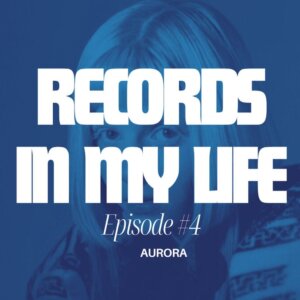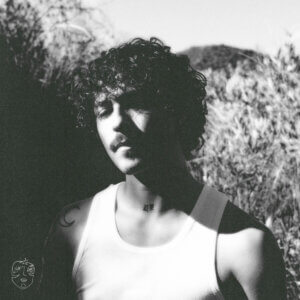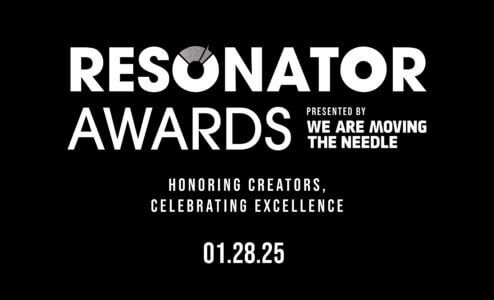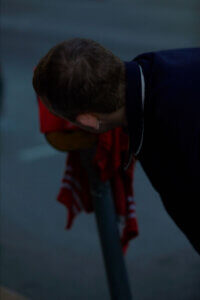Our Interview With Father John Misty
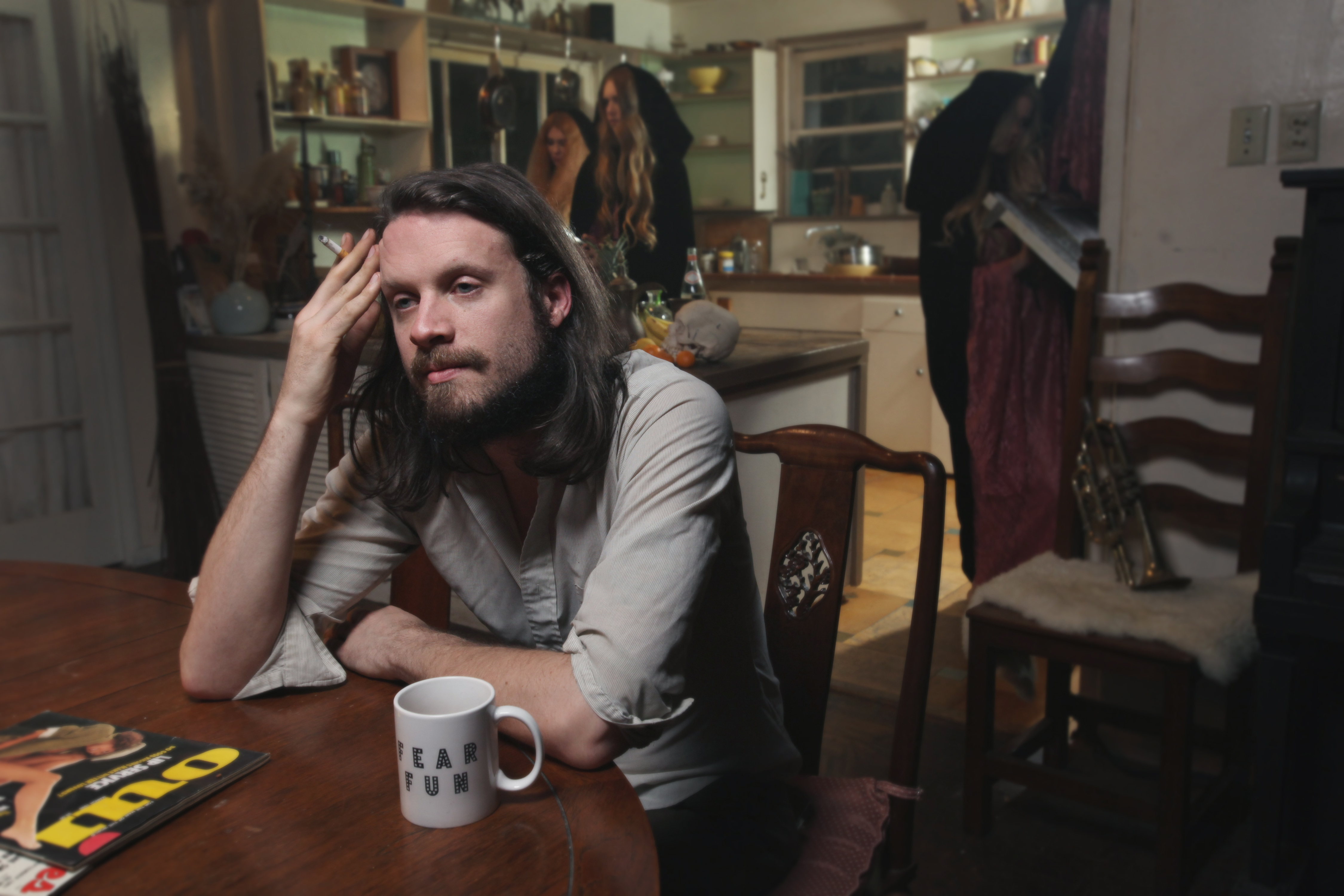
Charles Brownstein spoke with J Tillman Aka Father John Misty. Among the topics of discussion were working with Aubrey Plaza, his love of Philip Roth, and of course his music. From early days in Saxon Shore to drummer of Fleet Foxes, solo work as J Tillman and now his new work ‘Father John Misty’, he shares thoughts on the creative process of developing new work, most recently his new album ‘Fear Fun’ released earlier this year on Sub Pop.
CB: I understand you grew up in a rather religious household, What types of music were you able to get your hands on?
JT: Around the time that I grew up, the emergence of what’s branded CCM arrived. My parents had alot of that stuff around. When you’re a kid, you are definitely not at the height of your critical thinking skills yet. You kind enjoy what your being exposed to. By the time I hit Junior High, I managed to expose myself to good music at the houses of different friends.
CB: Growing up you wanted to be a Pastor, do you this had a direct influence on your decision to want to front a rock band?
JT: Ya, I’m sure that there is some similar impulse. If I really wanted to do that, I probably would have went and done it, but I didn’t. I forget who I even told that to. Where I grew up you really didn’t decide to do what you wanted to do for a living, you got called for something. When you’re a kid you have some weird adults telling you “God is calling you to do something” and generally what you want to do the least is what people are telling you, you should do the most. I was never afraid to assert myself and tell jokes. I guess weird adults pick up on that thing, and that’s how the hole idea got started.
CB: Was it a little difficult walking away from Fleet Foxes, because I think they really started to become successful during that period?
JT: No, I didn’t have an ‘unsuccessful’ day the whole time I was in that band. When I joined as the drummer, the band had an EP, album, the writing was on the wall, that they were were a big deal. The cost base analysis regarding the success didn’t inform my personal creative decisions. I was in the band for four years, it wasn’t like I was in it for six months, so that did have some weight on the decision. I was in bands that were far less successful. Before I moved to Seattle, I was in a band called Saxon Shore for a long time. We toured and survived on yeast packets, played to no one. So it’s always hard leaving anything you have invested time and energy in.
CB: Tell me a bit about writing ‘Fear Fun’, I think you developed the name ‘Father John Misty’ around the same time. It sounded like an interesting period for you, quite a departure from previous recordings.
JT: Yes, I got through a real critical mass of dissidence and boredom. I decided that the only antidote was to put the baby on the alter and plunge the knife into its chest and drink the blood. I hope that you can really hear that in the music. There’s a sense of renewal, you don’t get that without metaphorical death. That’s the way I was thinking at the time.
CB: It does seem like you went through a dark period and lost interest in songwriting, what brought you back?
JT: At some point, the sound of an acoustic guitar made me noxious. The idea of self-identifying with the whole archetype of a failed song writer, I realized was draining me of my fucking life. I left Seattle and went on this trip, in this very open ended kind of way and committed to re-examine everything. By everything, I mean the most important things I do, the ones I do creatively. During this period of time I told myself I’m not this J Tillman individual, I didn’t make that music, I don’t want to live the rest of my life in the shadows of that pursuit. And for some reason, my initial impulse was to start writing that novel thats in the album artwork. The process of doing that was quite liberating because I had no preset parameters around the whole thing. With the J. Tillman music I had developed a stringent paradigm in which I could create. There were a lot of things in which I couldn’t really say, or that I was allowed to do, including being funny or plain spoken, etc. When I was writing the book, I realized that I had total liberrty and that I could be humorous if I wanted to, or be satirical or wry and just really employ my conversational voice instead of employing a cultivated voice. Which I think is what I had done before, Which I was totally trapped in. So once I started writing the book, and came back to that voice, I realized all of a sudden that knew how to write songs, and I knew how to sing, engage an audience or someone’s mind. Or phrase things in a way that are interesting. I couldn’t do that with completely blowing up or dissociating with what I had done before.
CB: What about the artwork in the album with all those people carrying crosses?
JT: In all candour, I didn’t design that website, a friend in london did. I think he was attempting to exemplify the imagery, sensibilities, and sensuality of the music. I think that if it speaks to anything, it’s a very visible funny and uncomfortable juxtaposition of the sacred and the profane sentimentality and cynicism in the music. Most of what’s interesting in the music, or the lyrics, or the aesthetics is a counter intuitive cross-section at the centre of anything that’s kind of interesting about the album, an un-easy alliance.
CB: The video for ‘Hollywood Forever Cemetery Sings’ features Aubrey Plaza, how did she become involved with it? Where did the concept come from?
JT: It was interesting, the conceptualization of the video kind of happened simultaneously with Aubrey agreeing to do the video. I had met her at a party a couple of years ago and had seen her around a bit. She had asked me once if I would be in a project she was doing, I couldn’t because I was on tour. It kind of put the idea of working together in that capacity in my mind. Then maybe a month later I sent her that song and asked if she would be in a video. I thought she would be perfect, given the tone of the music. She was really into the song. When I talked to her and heard the way she was identifying with it, the concept of the video almost manifested it self immediately. The scene with the van, is something I came up with the day before the shoot. I had to ask her if she was cool with me throwing her in a van. She’s a good actor in that she is interested in getting out there and doing weird shit.
CB: I wanted to ask about Philip Roth, you reference him in your bio. Has he influenced periods of your writing, and were you aware that he said he was done with writing fiction?
JT: Any inspiration that he might give me in writing pop songs would be vague and generalized. In ‘The Human Stain’, I really get a sense that he is all those characters and that his experience is at the core, and he recognizes the universality of his experience. Maybe it influences me in a way, that it’s something that I wanna do myself, an approach to writing I value or adhere to. He’s the shit, America’s cranky old genius.
CB: Can you tell me five records from your collection which have really influenced you?
JT: Harry Nilsson – A little Touch Of Schmilsson In The Night
Arthur Russell – Calling Out Of Context
Dorry Previn – We Are All Children And Harpo Marx
Waylon Jennings – Honky Tonk Heroes
Neil Young – On The Beach
Latest Reviews
Tracks
Advertisement
Looking for something new to listen to?
Sign up to our all-new newsletter for top-notch reviews, news, videos and playlists.





